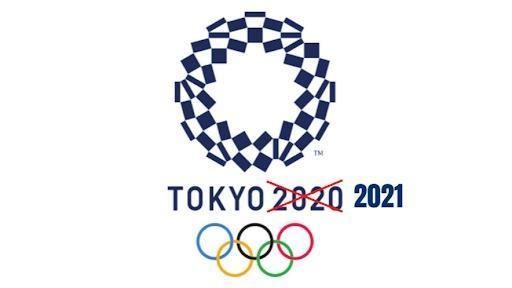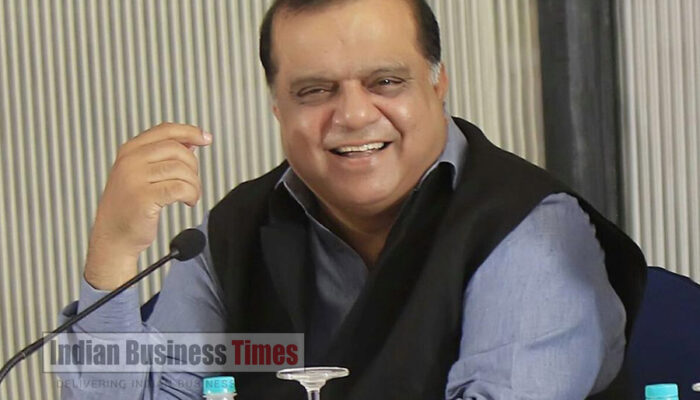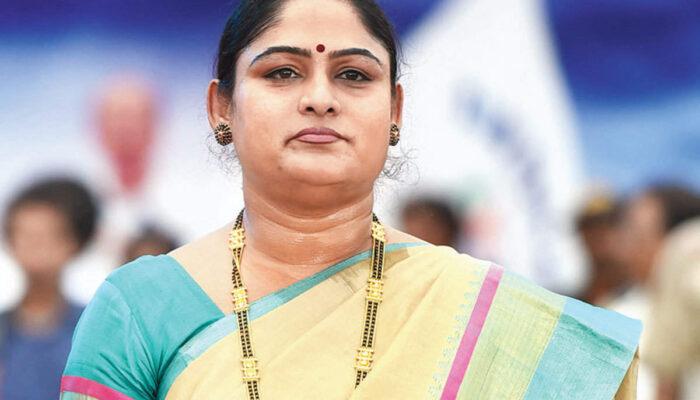
COVID-19 cases in Tokyo have reached a two-month high, almost ensuring the Japanese government will declare a new state of emergency beginning next week and lasting through the Olympics.
The pandemic-affected Olympics will begin on July 23.
On Thursday, IOC President Thomas Bach will arrive in Tokyo, where he will be greeted by rising cases while he self-isolates for three days in the IOC’s five-star hotel.
Even local fans could be banned under a new state of emergency. When local organizers meet with the IOC and other stakeholders on Friday, they are expected to make a decision on fans.
The current quasi-state of emergency ends on Sunday. On Wednesday, Tokyo reported 920 new cases, up from 714 on Wednesday last week. Since May 13, 1,010 reports have been filed. This is the highest total since then.
In a meeting with key ministers, Prime Minister Yoshihide Suga discussed virus measures and has hinted at the possibility of reinstating a state of emergency until August 22. The Olympics end on August 8.
Suga did not confirm the report but noted Tokyo’s upsurge and pledged to “prevent further transmission.”
After consulting with a panel of experts, Suga said he would make a final decision Thursday ie 9th July, 2021.
Months ago, foreign fans were banned from attending the Olympics. Recently, organizers and the IOC decided to allow venues to be filled to 50% of capacity but not to exceed 10,000 people.
As a result of the soaring number of cases, venues are likely to be without fans, though sponsors and others may have access. It will be a no-fan event at the National Stadium’s opening ceremony.
A senior Japanese government health adviser, Dr. Shigeru Omi, told reporters, “the infection is expanding and everyone in this country must fully comprehend the seriousness of it.”
Ahead of the Olympics and summer vacations, he encouraged authorities to take tough measures.
“Japan’s COVID-19 measures are at their most critical point from July to September,” Omi said.
Yuriko Koike, Tokyo’s governor, told reporters that she expects the government to declare a state of emergency in the capital, the fourth since the pandemic began.
Separately, the government’s COVID-19 advisory panel met Wednesday and expressed concerns about the resurgence of the infections.
“Two-thirds of the cases in the capital region are from Tokyo. We are concerned about spreading the infection to neighboring areas”, noted Ryuji Wakita, director-general of the National Institute of Infectious Diseases.
It is being pushed forward despite medical advice, partly because the postponement of 15 months slowed the IOC’s income. A cancellation of the Olympics would cost it roughly $3 billion to $4 billion in revenue, as almost 75% of its income comes from selling broadcast rights.
Almost 14,900 deaths have been reported in Japan’s 810,000 cases. In Japan, only 15% of the population has been fully vaccinated, compared to 47.4% in the United States and almost 50% in Britain.







